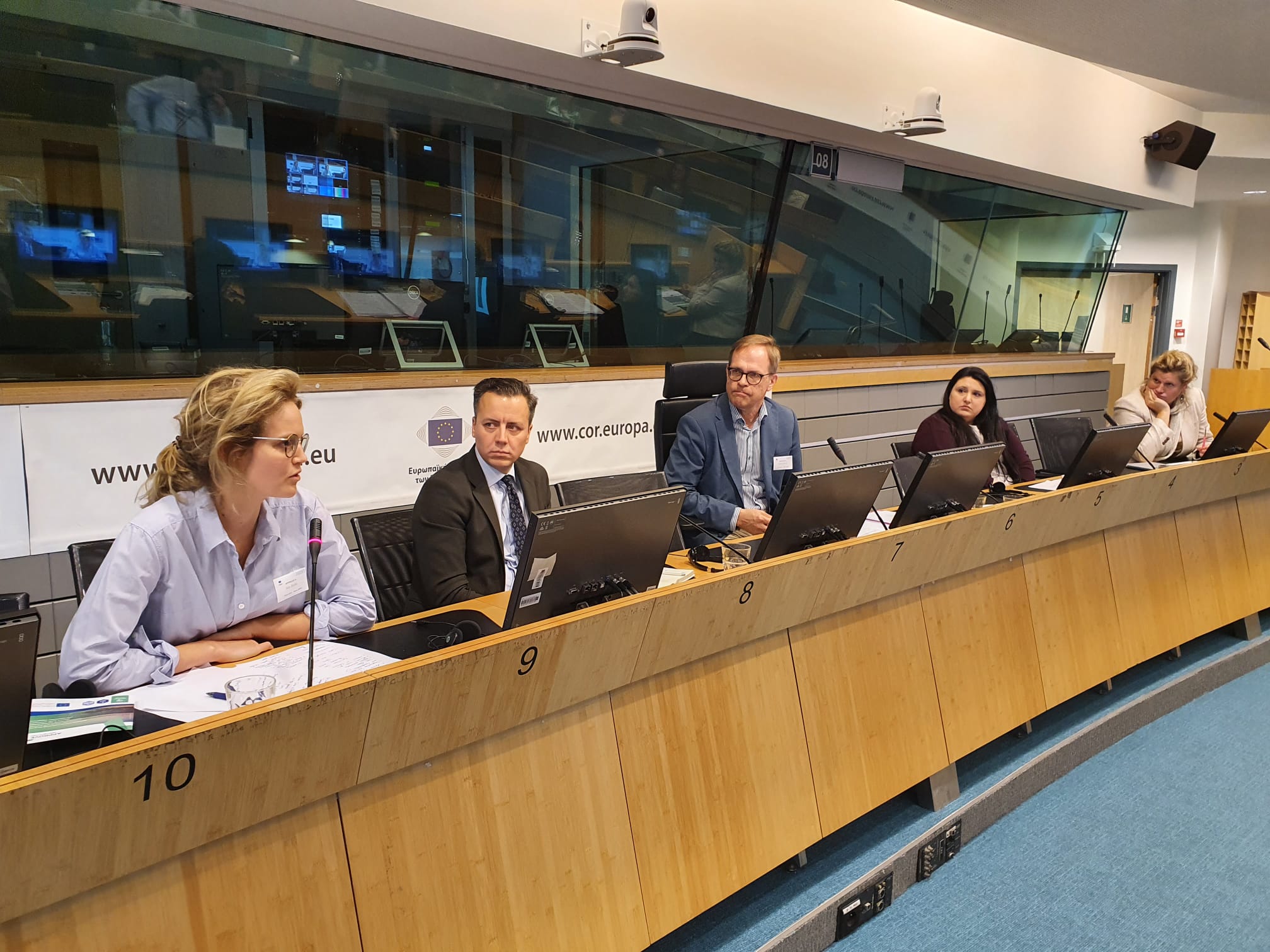
Watch the APPROVE final event
Citizen Participation: the key to building public support for the energy transition
APPROVE has tackled barriers to the development of Renewable Energy Sources (RES) such as:
In line with the revised Renewable Energy Directive, APPROVE has considered awareness raising, capacity building and stakeholder participation as ways to enable and promote RES. The project has led to the improvement of 4 Structural Funds operational programmes with the aim to promote RES development, considering investment priorities related to TO4 “Supporting the shift towards a low-carbon economy in all sectors”, and addressing regional innovation strategies for smart specialisation. The partnership is composed by 3 regional authorities, 1 regional energy entity, and a research centre (as advisory partner), covering 5 countries (Finland, France, Greece, Spain, Italy).
Through interregional cooperation, the territorial partners identify, shared and transferred good practices to improve the policy instruments. Such interregional learning process interests the partners and groups of regional stakeholders that have been involved throughout the life of the project. The policy instruments were improved mainly through funding of new projects and a better governance, considering the following areas of action:
In addition to the Policy Learning Platform, partners seeked a knowledge exchange at EU level, eg participating to S3 Energy Partnerships events.
€1,018,477.00
Low-carbon economy
Specific objective 3.2 (under TO4) will be linked to a Decentralised Renewable Energy Sources Programme of Lapland targeting for investments in rural communities coordinated by Regional Council of Lapland. The programme is created in cooperation with the regional development organisations. In the OP the shift to a low-carbon economy is a high priority. 15% of OP funding is allocated to this TO. In relation to energy objectives, investments will provide a significant contribution to increase the share of RES use from 33% (2011) to 38% (2020). Production of prototypes, piloting and demonstrations in enterprises will also be supported.
Policy instrument assessment and benchmarking of good practices need to be improved to scale-up the SME investments and evaluate the impacts. Monitoring of RES investment projects must be improved in conjunction with a better assessment of the available development resources and an improved engagement of stakeholders (awareness raising, capacity building and citizen participation).
Lapland is prominent for decentralised bioenergy investments and pilots and possesses vast forest natural resources which provide business opportunities. Rural development is based on bioenergy and agro-food development. Rural communities will have more resources for development through investments to decentralised RES as the capital outflow throughout the fossil energy consumption will be decreased. Investments will be carried out respecting vulnerable Arctic nature.
Under TO 4 “Supporting the shift towards a low-carbon economy in all sectors”, the ROP Epirus includes investment priority 4.5 “Promotion of strategies of low carbon dioxide emissions for all types of areas, specifically for the urban ones, including the promotion of sustainable multimodal urban mobility and measures of adjustment to mitigate the consequences”.
At the moment, the measures concern the funding of sustainable mobility plans and of sustainable energy action plans for the main urban centres according to the initiative “Covenant of Mayors”. The allocation is 13M€in order to improve transport and city energy efficiency. The aim is to reduce CO2 emissions while also reducing energy consumption.
In order to achieve a more wholesome output, the ROP should be improved as concerns the following aspects:
- integration of RES into the plans to be funded is, admittedly, poorly defined, and a wider range of measures for the promotion of RES needs to be introduced,
- benchmarking of good practices needs to be enhanced, in order to improve the measures of ROP and to better evaluate their impact,
- there is a need to improve bureaucratic procedures, speed up the evaluation and funding processes, and define the monitoring of RES investment projects,
- there is the opportunity of implementing a synergy with the local level, as the main municipalities of the region are committed to undertake a sustainable energy action plans for their cities.
The energy sector is a driving force for the economic development in ex-Haute-Normandie. The region is the leading French region for employment and wealth creation in the energy sector, as well as for refining. It is in 3rd position for the production of electricity. However, ex-Haute-Normandie is only in 14th position (out of 22 at the time of this classification) for the production of renewable energy. On the basis of strengths and significant potential, the regional air-energy-climate scheme has set a target of tripling it by 2020 relying mainly on wind and biomass energy.
Axis 2 “Supporting the Haute-Normandie Energy Transition” of the Regional Operational Programme 2014-2020 (ROP) and its specific objective 2.1 “Increase the production and distribution of high-potential renewable energy in Haute-Normandie” (under TO 4) are dealing with the purpose of APPROVE.
Since the beginning of the ROP implementation, only one biogas project has been selected and funded (238 K€, when the funds allocated to biomass energy is about 4 M€).
In order to achieve the regional objective of raising RES production, particularly of biogas, and the efficiency of the ROP specific objective, it is necessary to increase the number of funded projects. This requires a better quality of projects and their better local acceptance. Benchmarking of good practices needs to be improved, in order to improve the measures of the policy instrument and increase its efficiency for the benefit of the territory.
Main actions of the ERDF Operational Programme of Castilla y León under TO4 will focus on one side on the promotion of renewable energies, to increase their share in global energy consumption, and on the other hand on energy saving and efficiency, to achieve a reduction in the regional energy consumption, in sectors such as industry, building or public infrastructure.
Investment priority “4.2. Promoting energy efficiency and the use of renewable energy in companies” includes the specific objective “4.2.2. Promoting the use of renewable energy in companies, in particular SMEs”.
Investment priority “4.3. Support for energy efficiency, intelligent energy management and use of renewable energy in public infrastructures, including public buildings, and in households” includes the specific objective “4.3.2. Increase the use of renewable energy for electricity and thermal uses in buildings and public infrastructures, in particular by encouraging small-scale generation close to end consumers”.
With the ERDF OP, the Region has foreseen around 10M€ of investment for renewables.
Nevertheless, stakeholder’s involvement in the definition of the regional policy has been poor and beneficiaries´ contributions almost lack.
Even if a wide range of measures for the promotion of RES has been defined, more synergies should be promoted in the whole ERDF Operational Programme.
Potential renewable energy producers/consumers are still in need of reliable technical info.

Citizen Participation: the key to building public support for the energy transition
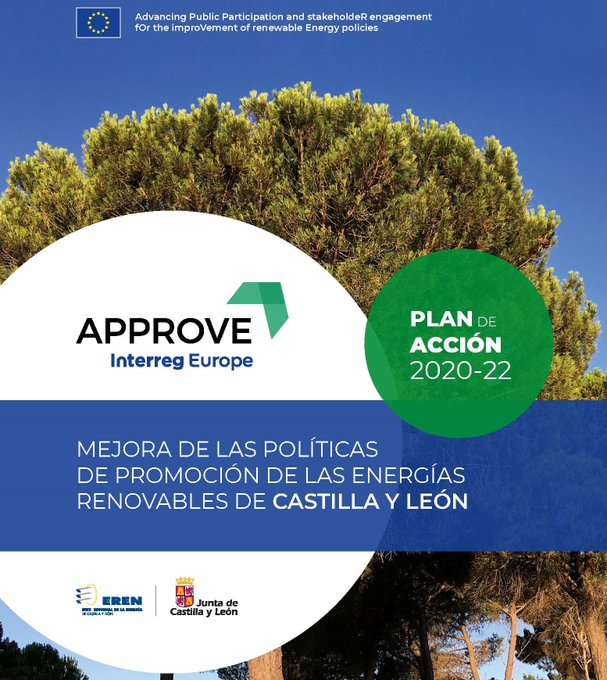
in Spanish or English

Citizen Participation: the key to building public support for the energy transition
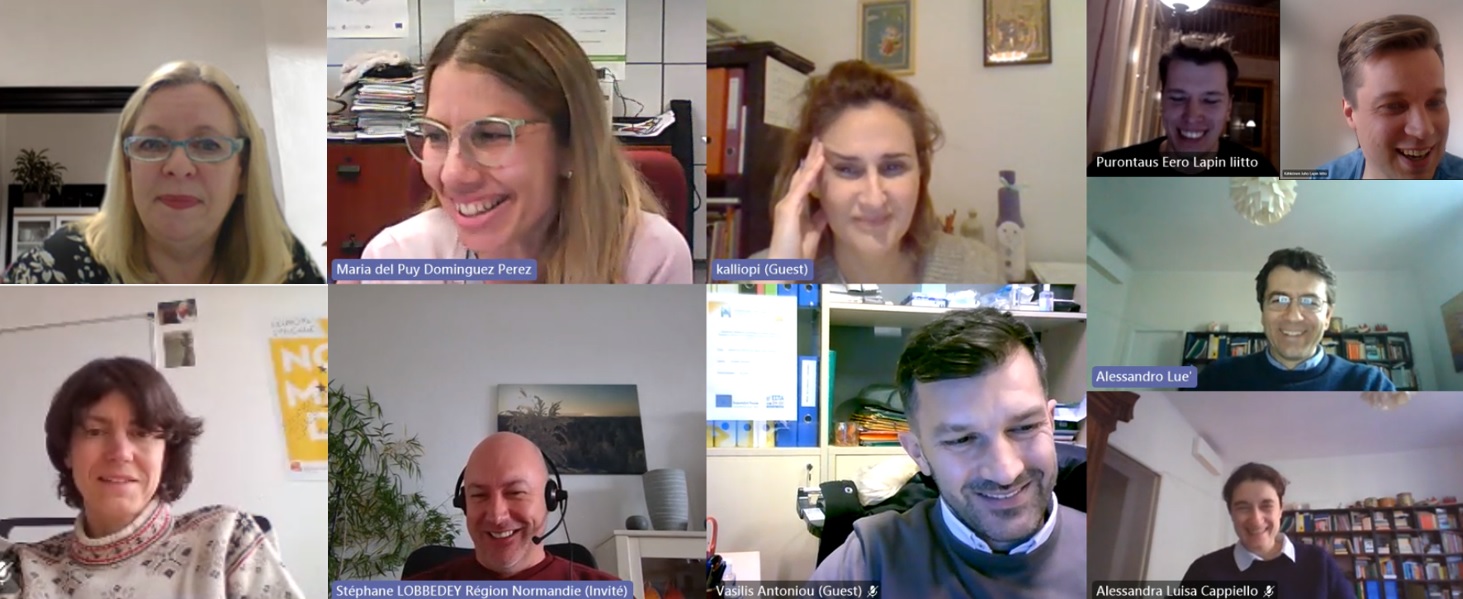
The last updates from our project
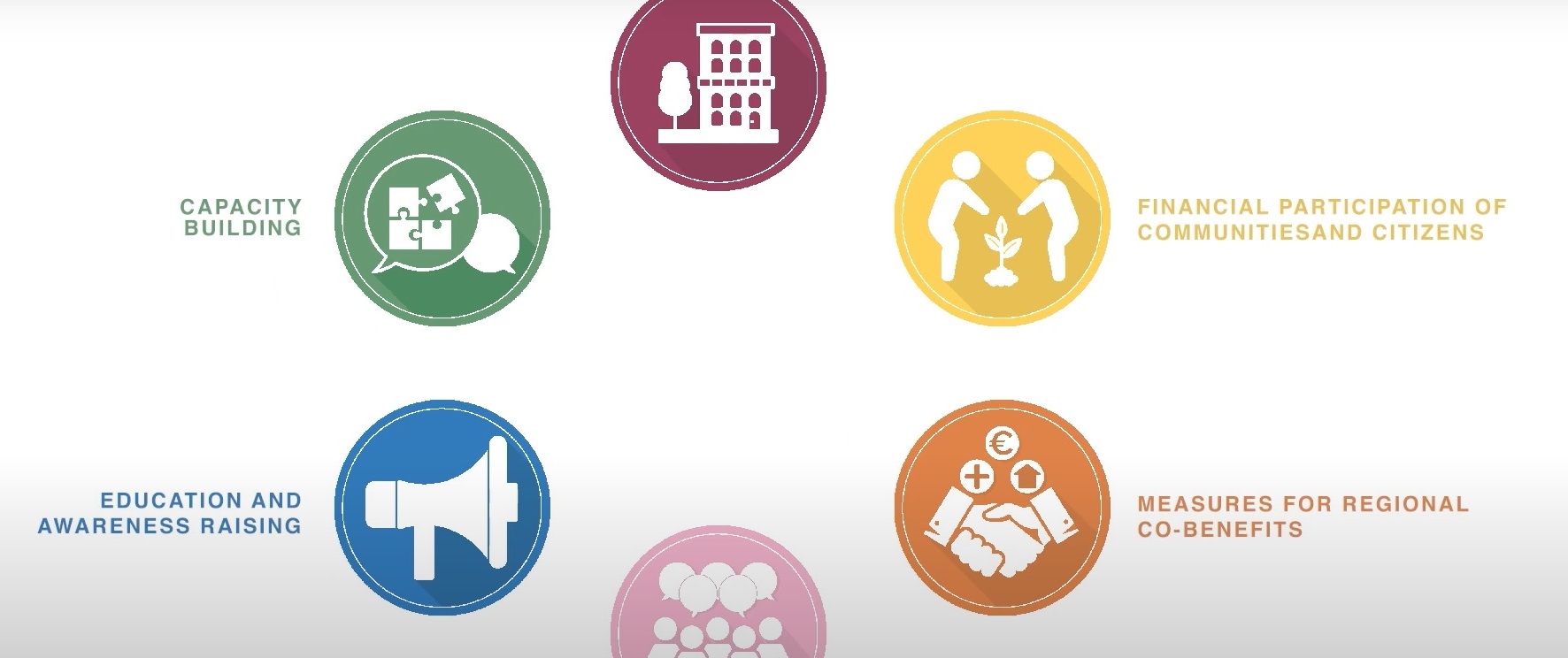
APPROVE - A project for the improvement of renewable energy policies: phase 1 in a nutshell
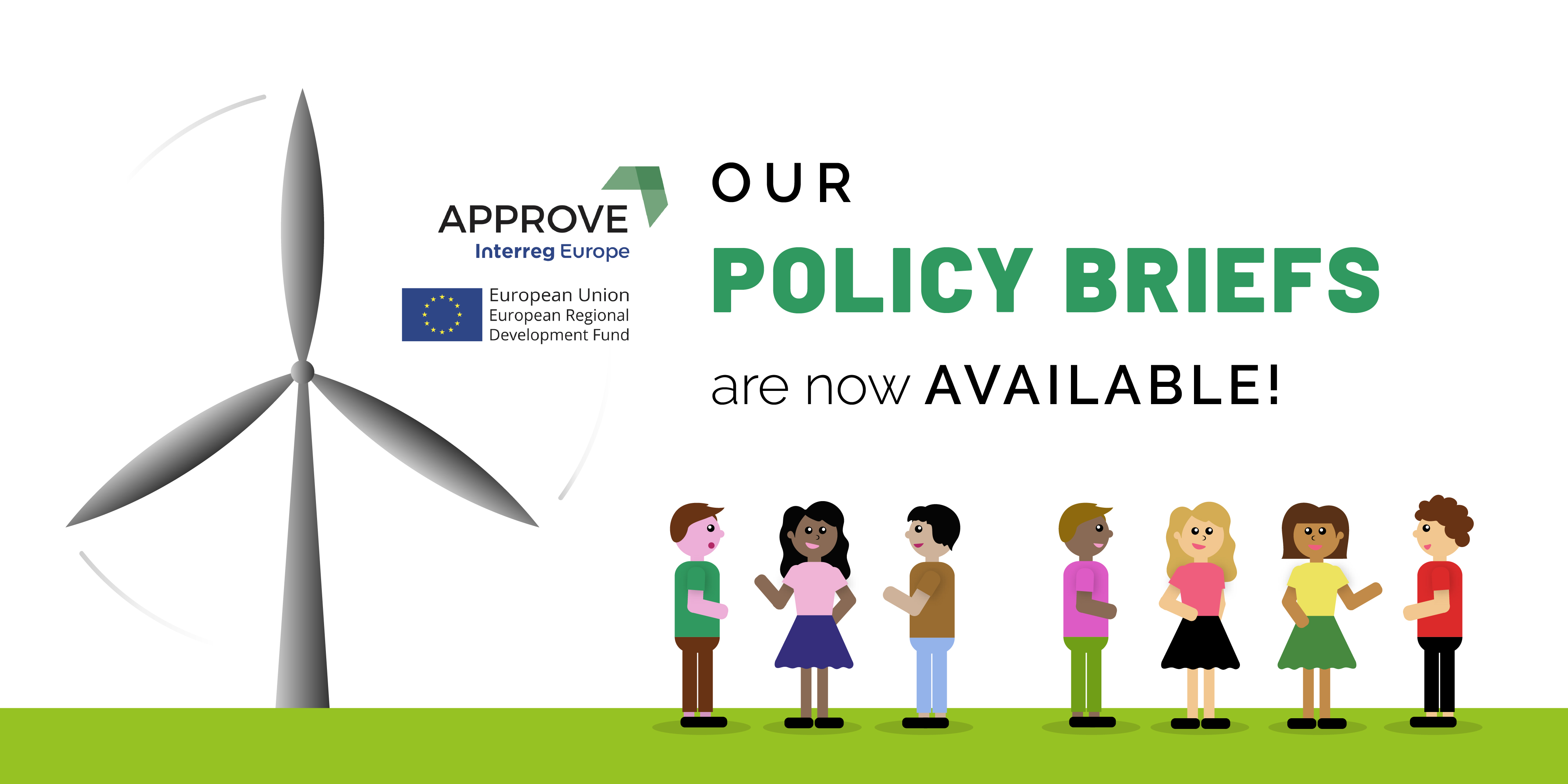
Check out our regional policy briefs

An Action plan and a Policy brief for the promotion of renewable energy

An Action plan and a Policy brief for the promotion of renewable energy
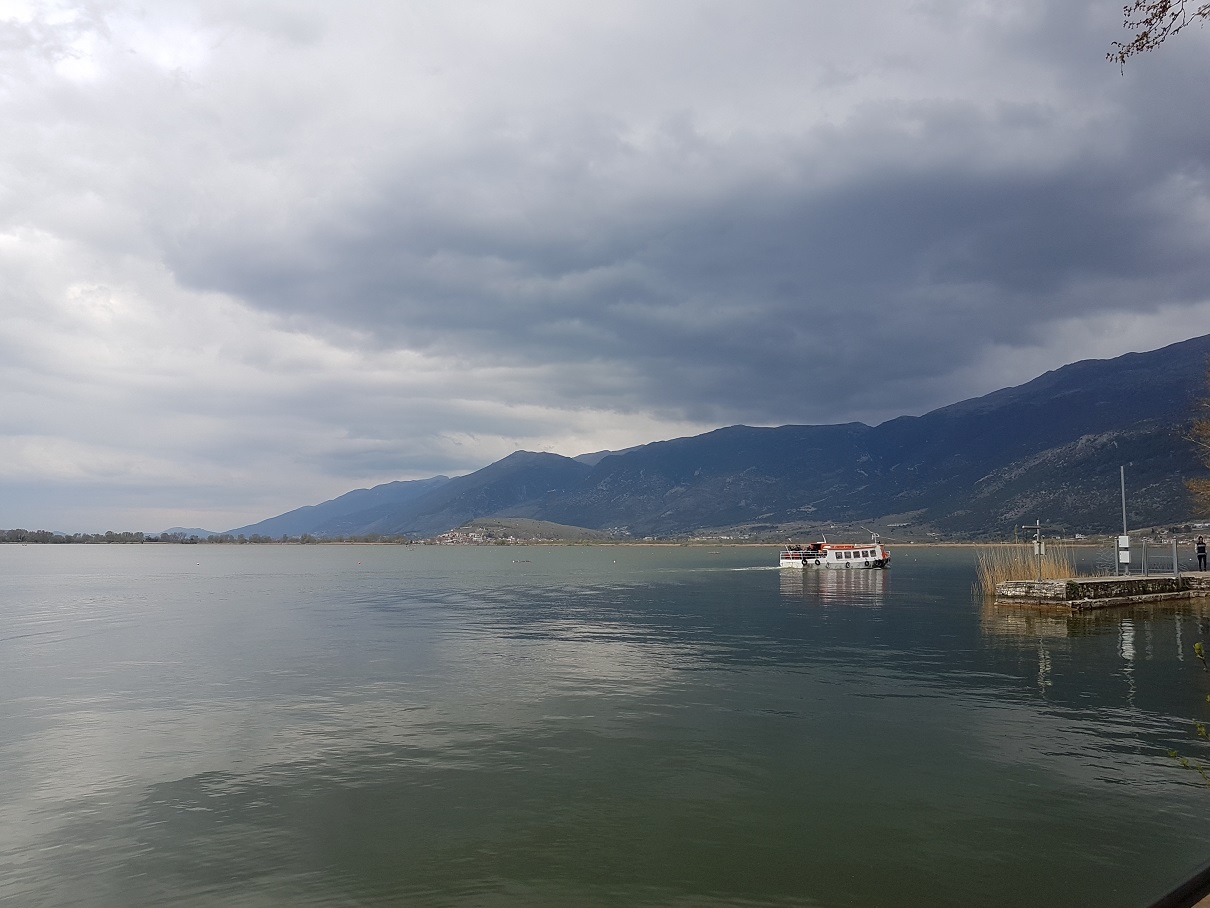
An Action plan and a Policy brief for the promotion of renewable energy

An Action plan and a Policy brief for the promotion of renewable energy